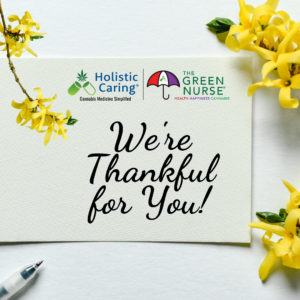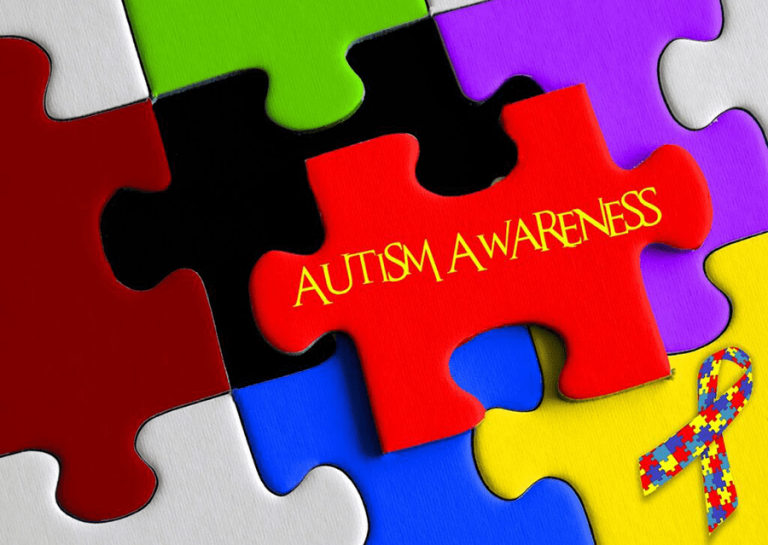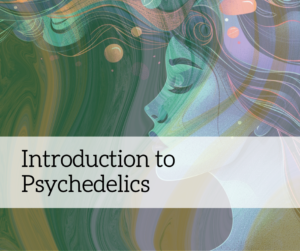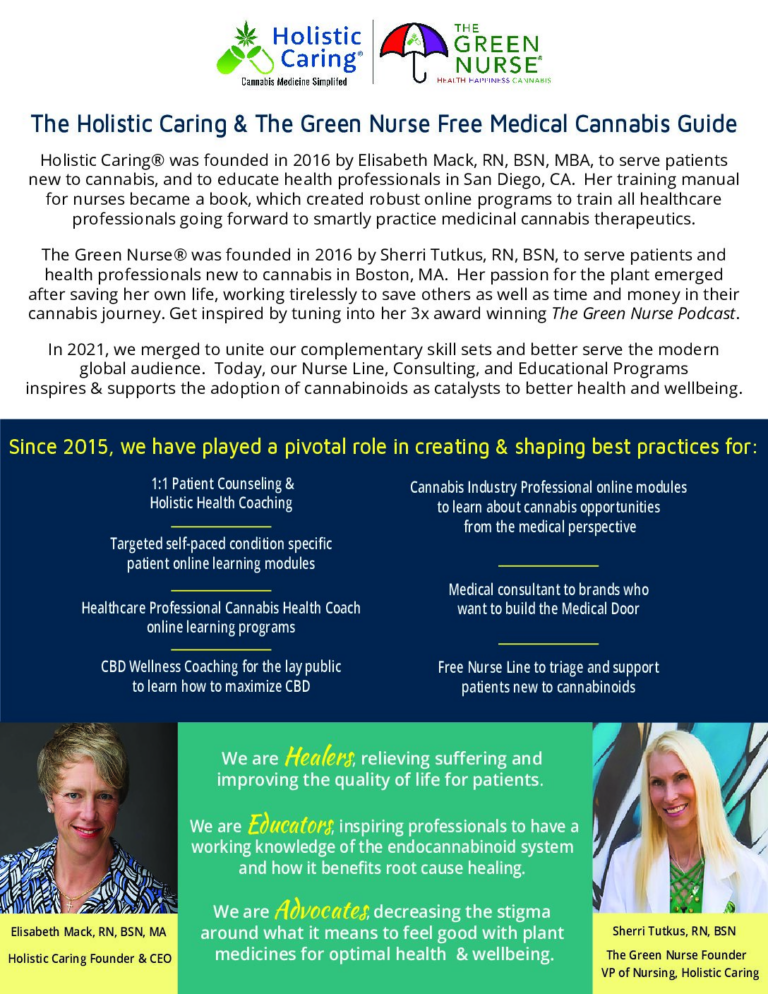
National Gratitude Month
November marks National Gratitude Month, an ideal opportunity to express our appreciation! It’s astonishing how something as simple as gratitude can profoundly impact our lives.

Happy Spring!
April is one of my favorite months to go outside to feel the warm sunshine, enjoy fragrant flowers, behold the beauty of nature, and listen to the birds. It’s a time to tune into others with laughter and connection and to revel in all of our senses, emotions, and the flavors of life. All who are healthy and whole in these abilities are counted as blessed.
April is Autism Awareness Month, a time to recognize the efforts of those affected and to help improve the journey for those who struggle with sensory overload. Autism affects 1 in 54 children and manifests by challenges with social skills, repetitive behaviors, speech, and nonverbal communication.
There are many subtypes, genetic or environmental causes, and distinct strengths and challenges in how children learn, think and problem-solve requiring various levels of support for daily life.
Autism affects boys 4 times more than girls, and combines sensory sensitivities, gut (GI) issues, sleep disorders, seizures, anxiety, depression, and challenged attention. Signs of autism may appear by age 2, and care is difficult as these children may bolt from safety, exhibit self-injurious behavior, and get bullied by other kids.
Puberty crises are very difficult for families as out-of-control behaviors like raging can spike. Costs associated with autism top $60,000 a year with moms becoming the default caregiver causing them to miss out on the ability to work.
The autism spectrum refers to the mild to severe range of symptoms, from high functioning to intellectual disabilities and mutism. Children with autism are treated with cocktails of antidepressants, anticonvulsants, antipsychotics, and sedatives, and compliance is difficult because of side effects like reflux, tremor, weight gain, and drowsiness.
Behavior therapy is standard, but access is uneven due to economics and availability. Special diets are common as parents try ketogenic, gluten-free, dairy-free, or sugar-free in an attempt to adjust and cope.
Autism shows a deficient endocannabinoid system (ECS), with reduced CB1 expression and lower levels of endocannabinoids in the brains of autistic patients. This leads to an inability to regulate GABA and glutamate leading to seizures, anxiety, insomnia, and poor cognition.
Enhanced CB2 expression in the brain and gut shows the body’s attempts to compensate for inflammation, but an endocannabinoid deficiency leaves an inability to restore homeostasis.
Recent studies show that phytocannabinoids like CBD, THC, THCA, and CBG may supplement the ECS deficiency to restore balance throughout the body. Because the ECS modulates the neurological, immune, GI, endocrine, emotional and other systems in our bodies, whole-plant formulations have been shown to exhibit multi-modal relief for seizures, digestion, sleep issues, and anxiety and aggression.
150 children were studied with a 3 month trial of 20:1 CBD:THC oils and 49% showed symptom reduction vs 21% on placebo. A CBD side effect of decreased appetite may help reduce weight for those whose BMI spiked from the antipsychotics.
A case report of a 15-year-old boy showed marked reductions in seizures and headbanging, he began speaking for the first time in his life, had better attention, more balanced energy, less anxiety with more periods of calm, and better sleep-aiding the quality of life for his family too.
Parents should purchase medicines that meet the FLOW criteria; flower derived, lab-tested, organic, and whole plant. The entourage effects combine the efforts of phytocannabinoids like CBD, THC, CBG, THCA, creating better results and lower side effects than isolates.
Step one is starting a high CBD oil, then adding other cannabinoids as needed, including microdoses of THC. Autism is a condition that needs a ‘toolkit’ of oils – blends for energy and clarity, calming and sleep, mood and balance, gut health and inflammation, and helping rewire the signaling.
There are various products and modes of use to understand and add to the treatment plan. Holistic Caring has remote appointments to help struggling families quickly understand how to treat autism with a holistic approach by supplementing the ECS with quality medicines, altering the diet, promoting daily exercise, and connecting to strengthen the healing bonds of love.
Conventional medicine does a great job with acute care situations – but 80% of healthcare is chronic conditions that we need to manage delicately. If you know of a family struggling to manage autism, please share this information and help us make a difference. Our seasoned nurses and programs bridge the gaps between conventional and cannabis healthcare today.
In the meantime, stay safe and well, and learn and apply the principles of cannabis medicine to your life with our guidance and assistance. Explore our programs and let us know how we can elevate your learning.
Enjoy Spring and all of the wonders and sensations it brings!
In health,
Elisabeth Mack & The Holistic Caring Team.

November marks National Gratitude Month, an ideal opportunity to express our appreciation! It’s astonishing how something as simple as gratitude can profoundly impact our lives.

In recent years, the wellness community has seen a growing interest in the ancient practice of Ayurveda and its holistic approach to health. Interestingly, cannabis

Autumn is the perfect season to adopt a more leisurely pace, allowing for healing of the mind, body, and spirit. It’s an opportunity to explore
Holistic Caring® is an umbrella of progressive health professionals who provide products & services to support and nourish the endocannabinoid system.
We serve the plant, the people and the planet for hope and inspiration for growth and healing to the patients we serve and the practitioners we work with.
We provide Educational Programs & Nurse Coaching Services.
Contact
© 2024 All rights reserved – Content Agreement – Privacy Policy – Terms – Accessibility Statement–Returns/Shipping/Cancellation
